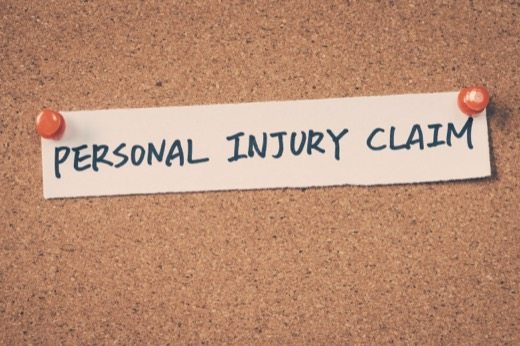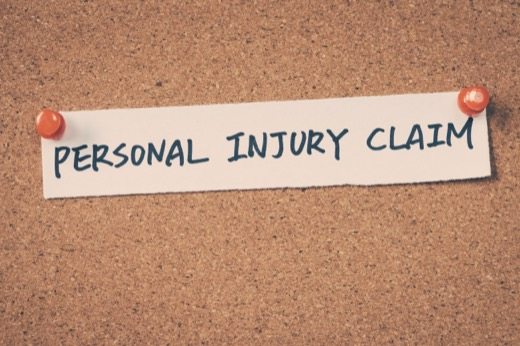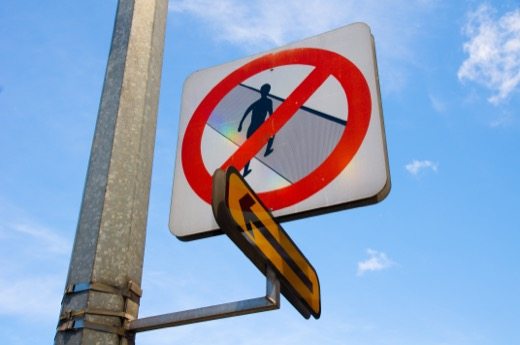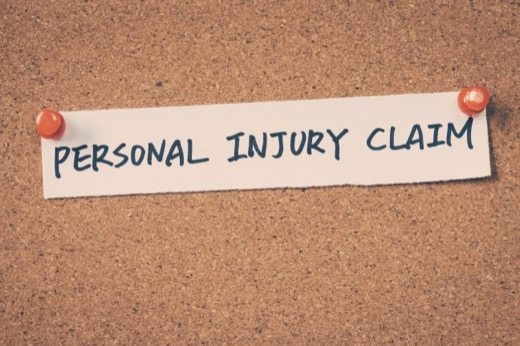Personal Injury in Florida Personal Injury Journal: What Is it and Why Should I Keep One?
If you suffer any type of personal injury, it is vitally important that you maintain a personal injury journal. A personal injury journal is where you document your injuries on a daily basis. It can come in many forms, including a simple notebook or a day calendar. The key is that you keep it with you so you can record information at any time. Do not delay recording. This should be done in “real time,” even updating your journal multiple times a day.
What Type of Damages Can I Collect in the State of Florida as a Result of a Personal Injury?
In a personal injury case in the state of Florida, you may be able to collect for the following:
Pain and suffering. This is payment for physical pain caused by an injury.
Loss of consortium. This is payment for an injury that results in a loss of familial relations.
Property damage. This is payment for damage caused to any property as a result of an accident.
Medical treatment. This is payment for medical treatment that arises from the personal injury, including past present or future payments.
Emotional distress. This is payment for any emotional pain suffered as a result of the personal injury.
Lost wages. This is payment for any wages lost as a result of the personal injury.
Defamation. This is payment for any damages in a slander or libel lawsuit.
It is important to contact an attorney as soon as possible if you have sustained an injury. It is also critical that you document your injuries and the consequences of your injuries, so that a proper assessment of your damages can be performed.
What Should I Write in My Personal Injury Journal?
After you suffer a personal injury and start a personal injury journal, the first thing to include are the details of the injury. In short, what happened to you? Please provide as much and as many details as possible. Did you see the other party talking on his or her phone before the accident? Did they tell you they didn’t see you because the sun was in their eyes? The legal process can take a great deal of time in Florida and you may not be able to remember the details of your experiences during your time waiting for trial. If you can keep detailed notes about your injuries, you will help your attorney get the best results for you.
On a daily basis, track the level of your pain. Be as specific as possible including what area or body part is affected. Vague statements like “I feel miserable again today” are not very helpful. Also track days when you are not experiencing pain. In addition, record any difficulties in movement you experience. As time passes, you may find you have less to enter in your journal. Regardless, never go more than one week without recording an entry in your personal injury journal.
Privacy Concerns
Be advised that if your case goes to trial, your personal injury diary may be made available to the parties and the court. Keep your writing professional and courteous. Do not lash out in anger at the other parties involved. There may be times when part of or all of your journal may be considered privileged information. However, to be on the safe side, assume it will all be made available and public when you are writing in your personal injury journal. Writing about how you feel emotionally is best saved for your personal journal.
Keep a Record of Any Witnesses
Write down the names and contact information of any witnesses that saw the events that led to your injuries. Their testimony may be necessary and helpful if your case goes to trial. Also record contact information for any witnesses that could testify about your experiences after the injury, such as observers of your pain and suffering, loss of income and any other results of your injuries. This can include family members, friends, or coworkers.
Keep a Record of All People That Treat You
Like other witnesses, keep a record of the names and contact information of all treating physicians. Additionally, document the names and contact information of your physical therapists and physician’s assistants. It can be difficult to remember that information if your injuries require you to see multiple specialists, so add this information to your journal as soon as practical.
Keep a Record of Medical Treatments and Doctor Visits
Use your personal injury journal to record all medical treatments you receive. Also record all doctor visits. Keep track of the progression of your injuries. After each trip to a medical professional, record advice you receive from the professional. Further, record all medical bills and any related documentation.
Keep a Record of Your Emotions.
Some injuries and ongoing pain can affect a person’s emotions and feelings. It is important to keep an honest and open record on an ongoing basis. Try to avoid making extreme statements that can be easily contradicted. This includes statements such as, “I can never…” or “I always…”
Keep a Record of Any Loss of Earning Capacity, Income Loss or Other Wage Loss
Keep and make copies of income tax returns, W-2 forms, payroll stubs and any other income related documentation.
What Are the Next Steps to Take?
If you have I have sustained an injury and started a personal injury journal you may be wondering, “What should I do now?” An experienced, qualified personal injury attorney can help you get awarded all of the damages that you are entitled to. For an injury in Florida, please contact the experienced attorneys at the law offices of Madalon Law. We have offices throughout the state law Florida. We will speak with you about your case at no charge to you. We will also come to you if you are unable to come to one of our offices. If you hire our law firm, you will only be charged if we win. We look forward to hearing from you soon.
















